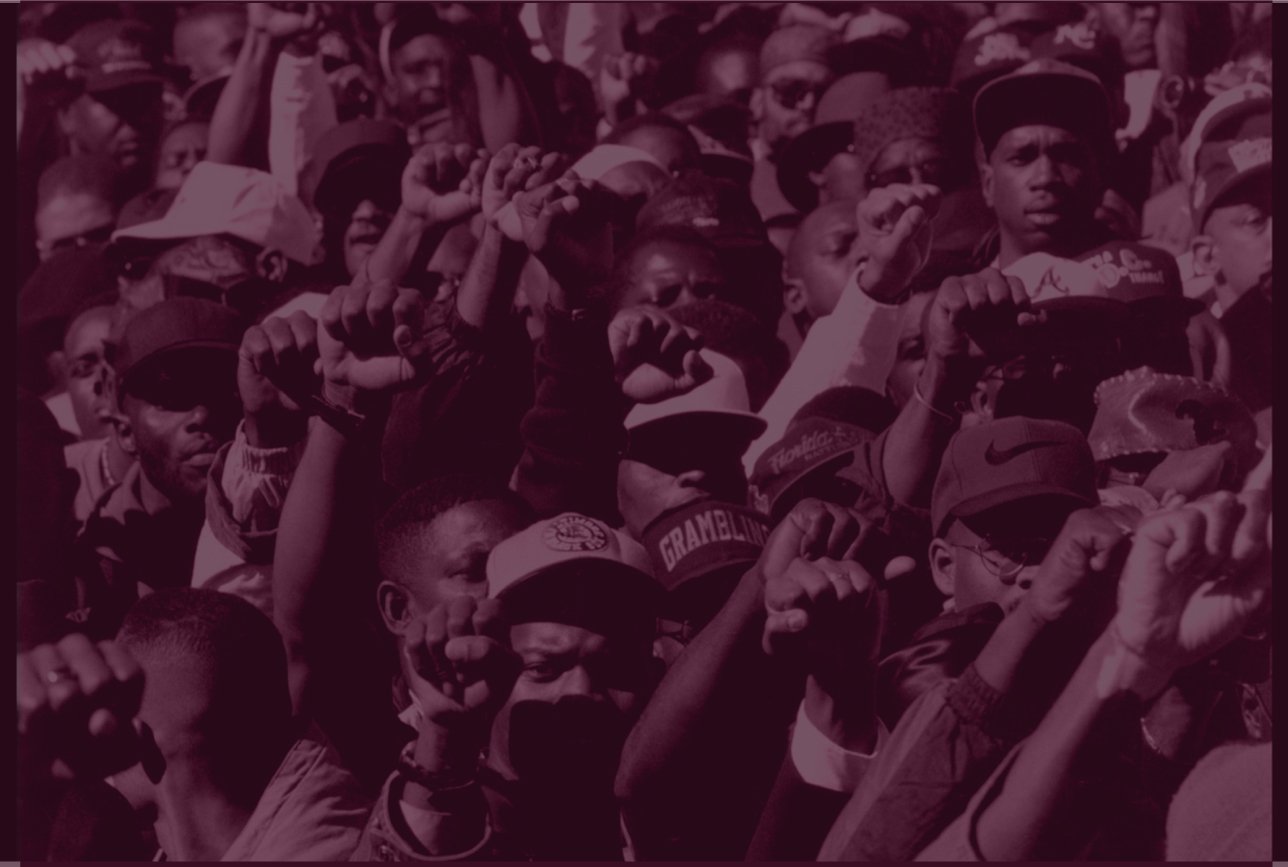
Deep Dives
The Global Network of Movement Lawyers (GNML) grew out of a convening we held in 2019. One year later the pandemic began, presenting new challenges for social organizations and for us as movement lawyers. Jobs were lost, the housing crisis surfaced more brutally than ever, state violence increased and deaths became part of our daily lives. Much of our work went virtual, exposing us to both the opportunities and challenges in connecting across borders online.
This scenario has made us rethink how we communicate with each other, how we organize ourselves as lawyers and the ways we think about how structural inequalities operate both locally and internationally. We want to deepen our learning and exchange on particular topics that organizations across the network have identified as urgent and cross-cutting. We developed the deep dives to address these multiple dimensions as the course progresses: connection, analysis, strategy/tactic exchange and storytelling, and joint problem solving.

“Deep Dives” are a multi-part virtual exchange program that invites participants to learn from one another, deepen their analysis, listen to case studies and problem-solve together. After having centered the first deep dive on Land and Housing, we focused the second on the Right to Resist.
About Deep Dive 1:
The fragility and deterioration of material living conditions, exacerbated by the pandemic, have not prevented people around the world from continuing to organize for fundamental economic, social and cultural rights, including the right to adequate housing and the right to self-determination. Deep Dive 1 explored the different dimensions of Land and Housing in the urban and rural spaces, tying together the struggles of urban movements against displacement and gentrification, indigenous self-determination and the rights of nature, the increasing financialization of housing, and the insecure tenure of land in the context of informal settlements.
The course consisted of four sessions: three interactive online closed sessions and one public webinar to provide a panoramic view of the issue. The sessions were between two and three hours long and will include breaks. The four sessions were built on each other and designed to be taken sequentially. They were held on: October 24 and 31; November 14 and 21, 2022.
About Deep Dive 2:
Human rights, environmental and activist organizations are increasingly becoming the targets of escalating harassment, surveillance and silencing due to their important work protecting the rights of the most marginalized communities and defending their territory and natural resources. Deep Dive 2 covered the myriad ways that human rights and environmental defenders are experiencing repression and interference - from legislation limiting people’s ability to protest, to the militarization of police response to mass mobilizations, to stripping funding sources from key social movements groups and lawyers - what we are calling attacks on people’s “right to resist.” In this series of conversations, participants - experienced lawyers supporting social movements around the world - charted patterns and brainstormed how we might organize ourselves differently to confront this reality.
The five sessions were built on each other and designed to be taken sequentially. They were held on: April 25, May 9, May 30, June 20, July 11, 2023. All sessions took place starting 9 AM-11AM EST.

We are committed to language justice so the courses were offered with simultaneous interpretation (to the extent possible) according to the preferred languages of the participants. We strongly encouraged advocates coming from marginalized and/or non-traditional backgrounds to register, especially people from the Global South, Black, Indigenous or other people of color, women, queer/transgender people, people from low-income backgrounds, among others.
The Deep Dives are being organized and coordinated by the Global Network of Movement Lawyers powered by Movement Law Lab.
The Right to Resist cohort was co-hosted and co-designed by
Center for Constitutional Rights
Centro de Estudios Legales y Sociales
European Center for Constitutional and Human Rights
Socio-economic Rights Institute of South Africa
The past Land & Housing cohort was co-hosted and co-designed by:
Observatori DESC, supported by the Ayuntamiento de Barcelona
Terra de Direitos
Labá












